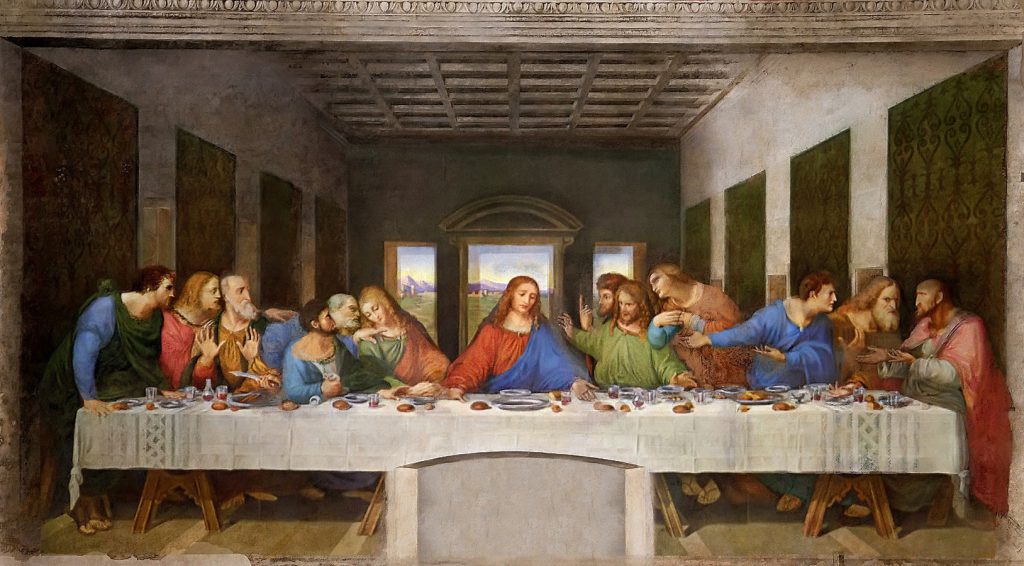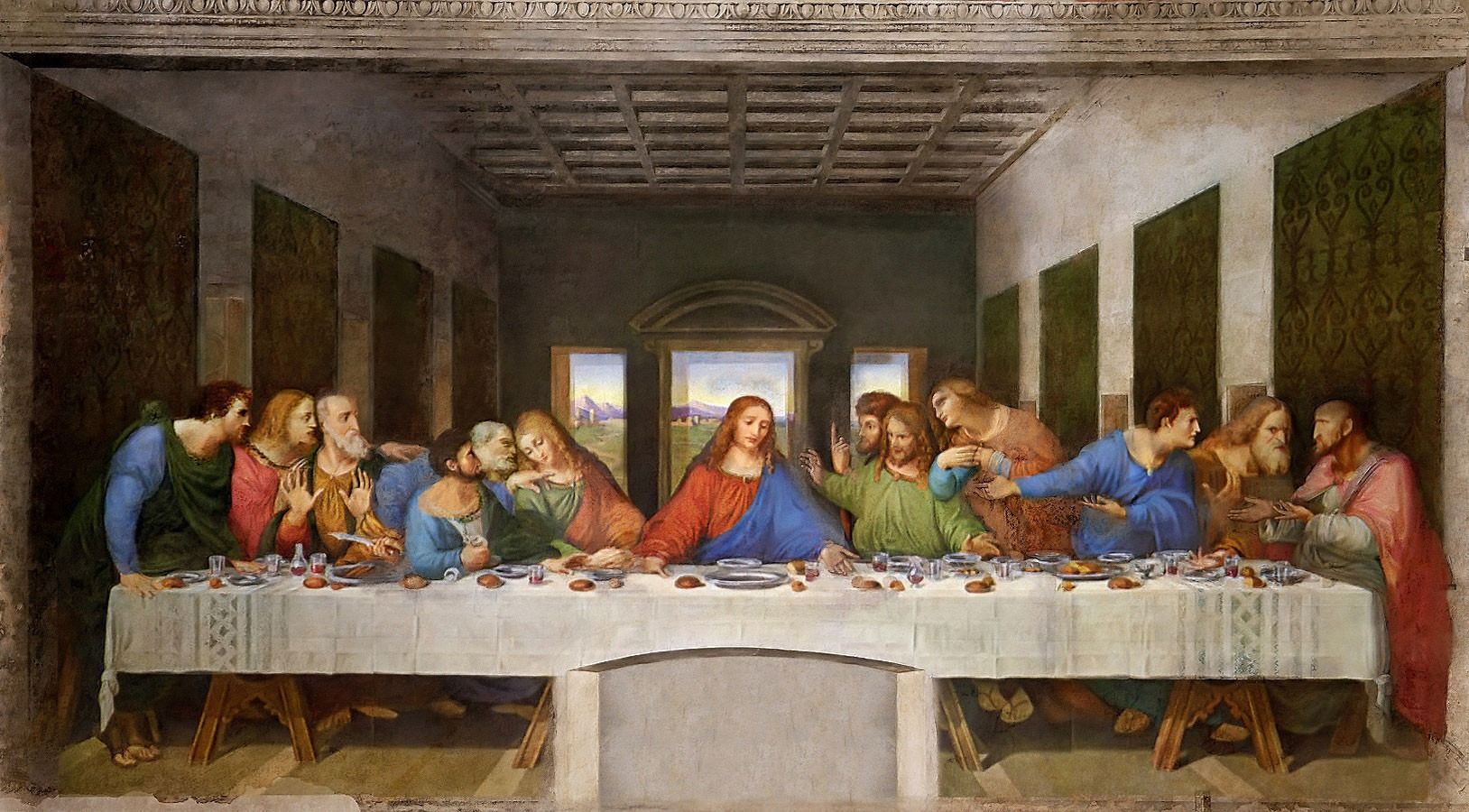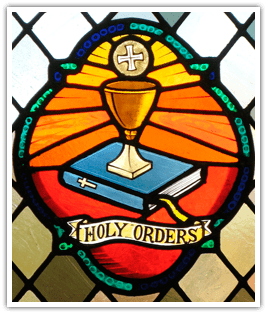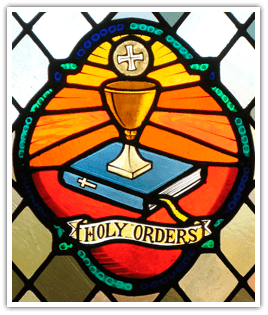What is Seder?

Seder is the festival meal that takes place during the Jewish celebration of Passover. During the meal the story of the Jewish exodus from Egypt is retold using story and song.
Some Christians celebrate Seder as a way to learn about the Jewish foundation of the Christian faith. Others because it is a reflection of The Last Supper that Christ and his disciples took part of, and because it is often used as part of the Holy Week narrative that sets the tone for Easter. In all four Gospel narratives The Last Supper is mentioned as happening at the feast of the Passover. The Exultant, which is chanted at the Easter Vigil service mentions the feast of the Passover as where Jesus paid the ultimate sacrifice to take away our sins.
However, many Christians don’t participate in Seder because it is a Jewish tradition and don’t want to participate in cultural appropriation. While that can happen if the Seder is not done properly, or respectfully, a Christian Seder is a powerful addition to one’s Holy Week experience. By reinforcing one’s understanding of the Jewish tradition that Christ came from, a Christian can gain a deeper knowledge of the Passion narrative as well as connect with the story on a new level. But, it is not required to participate in a Seder to understand what Christ went through in the days leading up to his crucifixion and resurrection.
Here are a few articles and resources about Seder and Christian practicing of Seder:







